Previously, HP's John Rubinstein had noted that the company has plans to use webOS in its line of printers. But near the end of today's event, executive VP of Personal Systems Todd Bradley reportedly added, "our commitment is to extend the WebOS experience across devices for our customers, and creating the broadest ecosystem to our partners," explicitly including HP's PCs as a target for webOS, according to the SAI live blog by Matt Rosoff.
The point of mentioning the potential for a webOS layer on its PCs did not appear to be a threat to further distance itself from Microsoft's Windows. Instead, Bradley appeared to be making the case for a large enough installed base to matter, something that had been a serious problem for webOS at Palm, and which continues to threaten the relevance of yet another mobile OS today.
HP hopes to make a webOS splash
"Do the math on two PCs per second," Bradley said. "You easily exceed 100 million devices with WebOS deployed annually. That's the start of something pretty big."
By adding a webOS layer to its PCs, HP could greatly expand the visible presence of its new platform, potentially even creating a large enough audience to rival the development interest in Apple's iOS App Store. Such a move would essentially give HP the opportunity to run the equivalent of Apple's iOS App Store and its Mac App Store combined into one storefront serving a combined audience of smartphones, tablets and desktop PCs.
In addition to rocketing webOS into the mobile big leagues next to Apple and Android, and likely ahead of both RIM's separate BlackBerry and PlayBook platforms and Microsoft's fledgling WP7, moving webOS to the PC desktop would also give HP, for the first time in more than two decades, the opportunity to take back its software destiny from Microsoft.
This all happened before
Back in the late 80s, HP floated an object-oriented graphical desktop environment named NewWave for its PCs. The layer ran on top of Microsoft's Windows 2.0 and 3.0 and was intended to be ported to IBM's OS/2 and the company's own HP-UX distribution of Unix, facilitating a consistent platform for business apps.
Apple sued HP over NewWave, along with Microsoft's Windows, for copying elements of its Macintosh desktop. But the real demise for NewWave came in 1995, when Microsoft added portions of the functionality of HP's NewWave and made enough other changes in Windows 95 to require significant work by HP to continue to maintain the environment.
HP decided to drop NewWave instead, in part to avoid antagonizing Microsoft, which had announced plans to deliver its own object oriented development platform named Cairo, which Microsoft hoped to aim at HP's NewWave, IBM's OS/2, and Steve Jobs' NeXSTEP.
Cairo never materialized, leaving HP to play the subservient hardware partner following Microsoft's platform lead over the next decade and a half. Last year, HP's embarrassing role in Microsoft's Slate PC fiasco prompted the world's largest PC maker to buy Palm and build its own unique tablet and mobile strategy.
Putting webOS back in the game
By also layering webOS across its PC offerings, HP could reclaim the role of developing an application layer that not only holds the potential to add unique value to its PCs, but also to chart its own future independent of Microsoft, even as it attempts to build a credible alternative to Apple's iOS and Google's Android.
HP appears to have a limited opportunity to make this happen, with Apple having built up an installed base of millions of iOS users surrounded by an enthusiastic development ecosystem, while Google seems to have effectively replaced JavaME as the common software platform for the majority of other smartphone vendors outside of the top three makers globally: Nokia, Apple and RIM.
The prospect of HP being able to leverage its vast PC sales, many of which are tied to enterprise users, to resurrect the webOS as a viable contender in the smartphone arena is an interesting turn of events. At the same time, HP will also face new competition from RIM's PlayBook, a series of new Android tablets running 3.0 Honeycomb, and Apple's own iPad 2.
 Daniel Eran Dilger
Daniel Eran Dilger

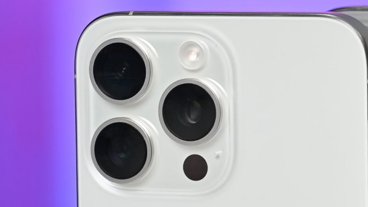
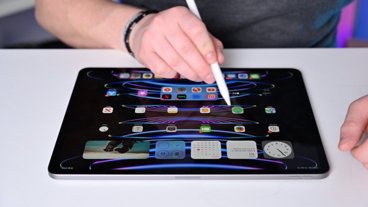



-m.jpg)





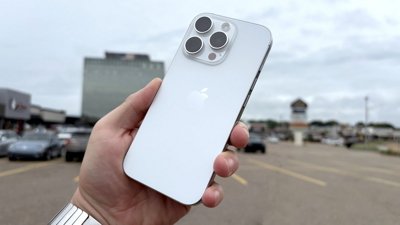
 William Gallagher
William Gallagher
 Wesley Hilliard
Wesley Hilliard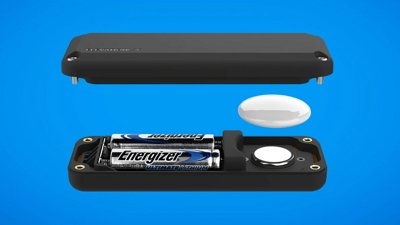
 Malcolm Owen
Malcolm Owen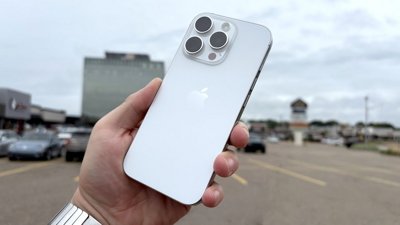
 Mike Wuerthele
Mike Wuerthele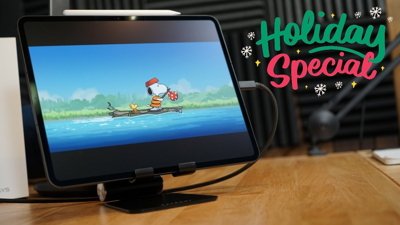
 Christine McKee
Christine McKee

 Sponsored Content
Sponsored Content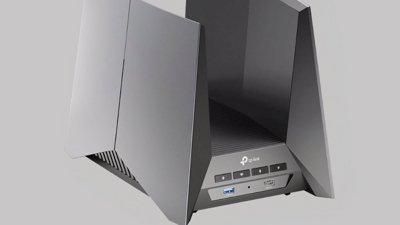
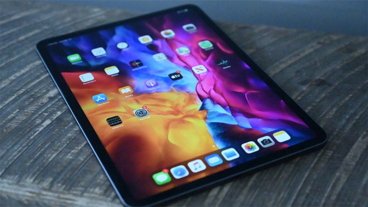
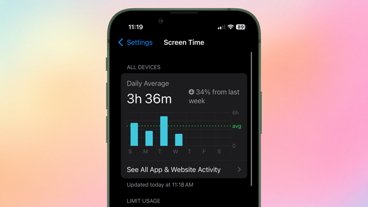


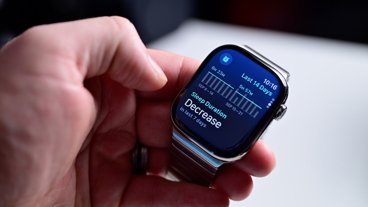


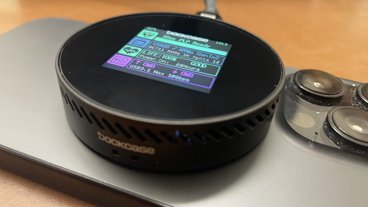

29 Comments
I think HP's webos is a valiant attempt...but I don't envy them working with the Windows OS! Uggggh!
Best
I think HP's webos is a valiant attempt...but I don't envy them working with the Windows OS! Uggggh!
Best
Then what the hell are they supposed to work with? Certainly not OS X. I hope you you realize there aren't many choices out there.
I'm looking forward to this. Maybe Apple will do something similar, allowing iPhone apps to run on the Mac.
Out of all the companies out there HP has the most potential to develop a platform that closely mimic's Apple's. HP looks like its trying to go vertical and concentrate on user experience. Its something they have to do in order to survive. Look at Dell and how they are quickly becoming irrelevant.
HP has both the hardware and the software and are recruiting former Apple employees. WebOS has the potential to morph into Cloud OS, not just power mobile devices and printers. HP also has the business edge and is established in the enterprise market.
Its too bad Apple is trying to leave the enterprise when they should be making a push into it. After all server hardware has to powers the cloud.
Looks like everyone is gunning for Microsoft.
The Enterprise will be have to be wooed by WebOS enough to side step Windows. Apple's BootCamp bridge to Windows accommodates both platforms. Perhaps WebOS and Windows can coexist.
I’d say the two biggest chances at a credible iOS alternative (meaning: one that’s truly great, not just “good enough” to move banner ads) are, in no particular order:
* A future evolution of WebOS. (And HP is keeping it moving, clearly; although they’re not moving as fast as anyone would like.)
* Something derived from Android as a base, but taken in a new and incompatible direction, under a new name, by a single big vendor who uses Android only as a stepping stone for something better—something more focused on the user experience and less in pleasing carriers and handset makers.
Either would be an Apple-like approach (in a good way).
All three (iOS, WebOS, Android) have actual (Mac) or potential routes to the desktop. And iOS-alikes (touch OS’s) ARE the future, long-term. Not the current 80s-style mouse-and-windows useful-but-problematic specialized “trucks.” (I’ll always love those, and they’ll stick around, but they won’t be the norm in the end.)
I’d add Microsoft to the list, since Windows 7 Home Phone ET (or whetever the name) shows some actual originality; but I think they’re too slow to move and too far behind to catch up. Microsoft is huge (and Nokia too if they work together) so it may be a “success” in numbers, but not in the sense that I mean. They’ll still be good to have in the market, for competition and variety.
RIM could surprise me with a great and widespread OS, but... I’d be surprised! I think they’ll get too much wrong for the stuff they get right.